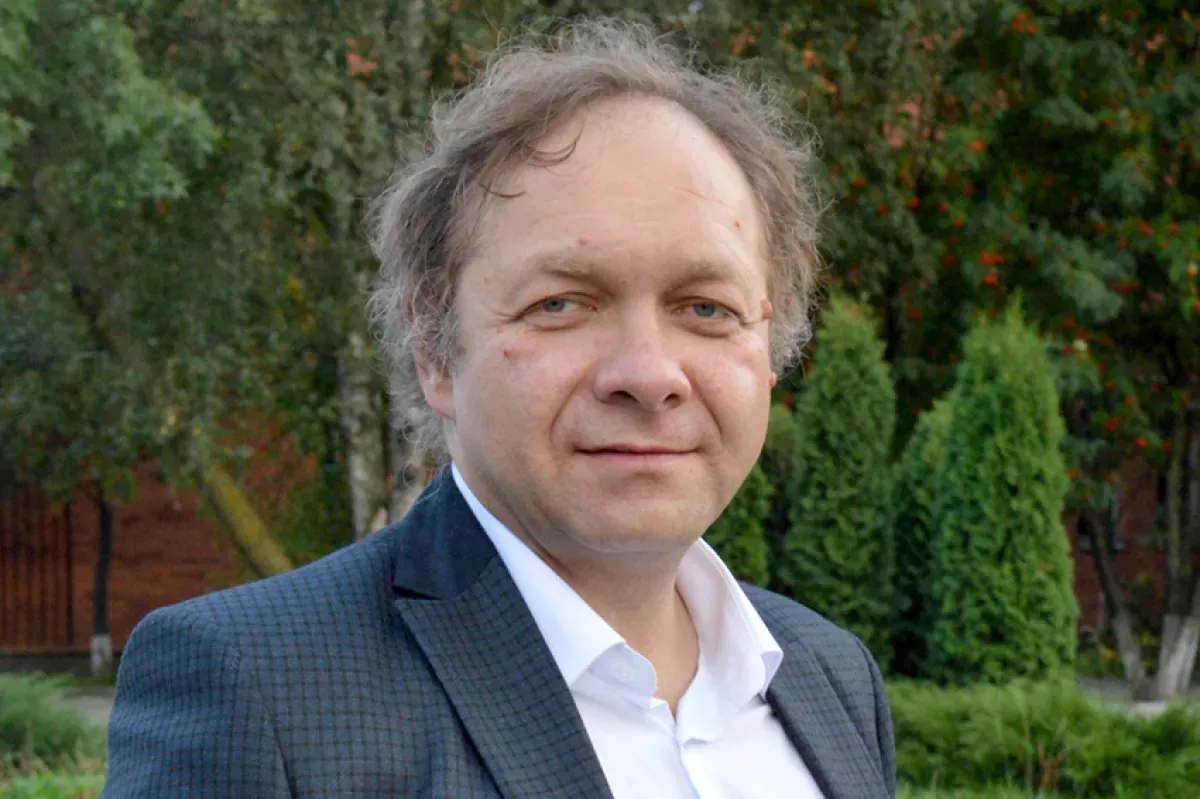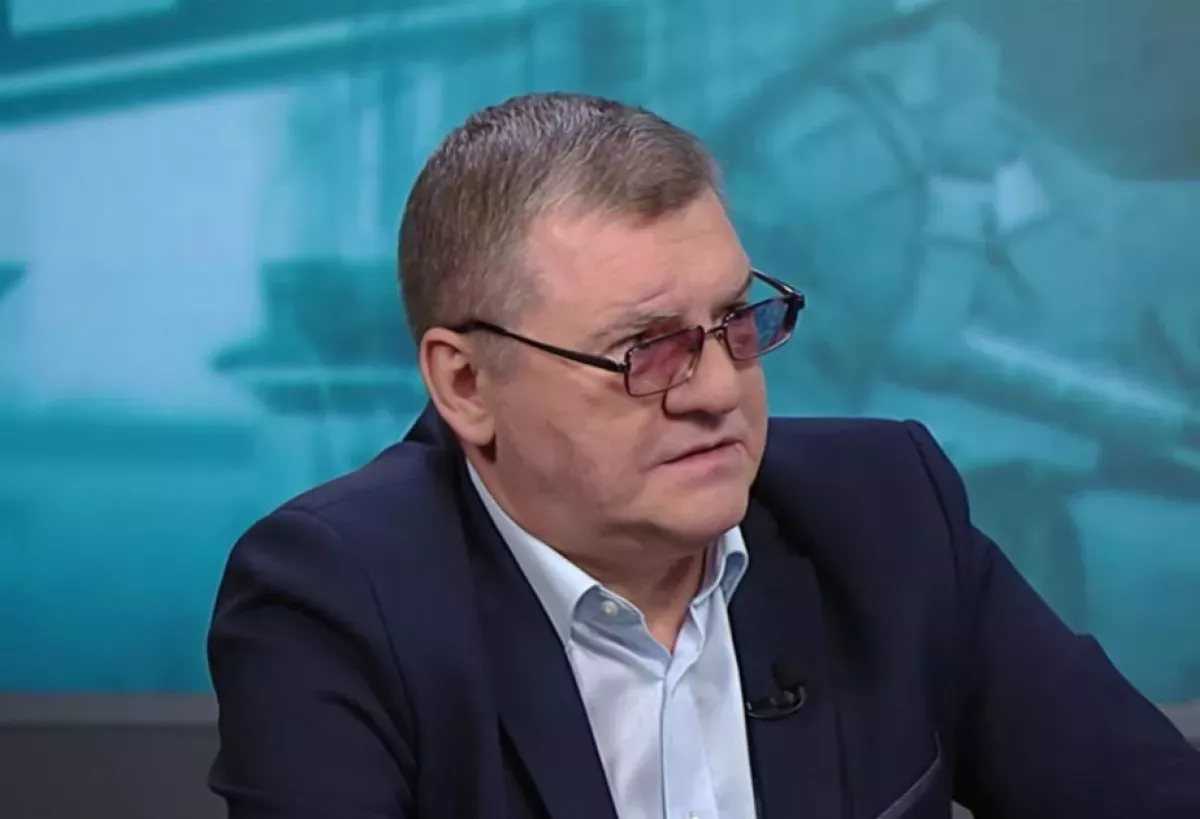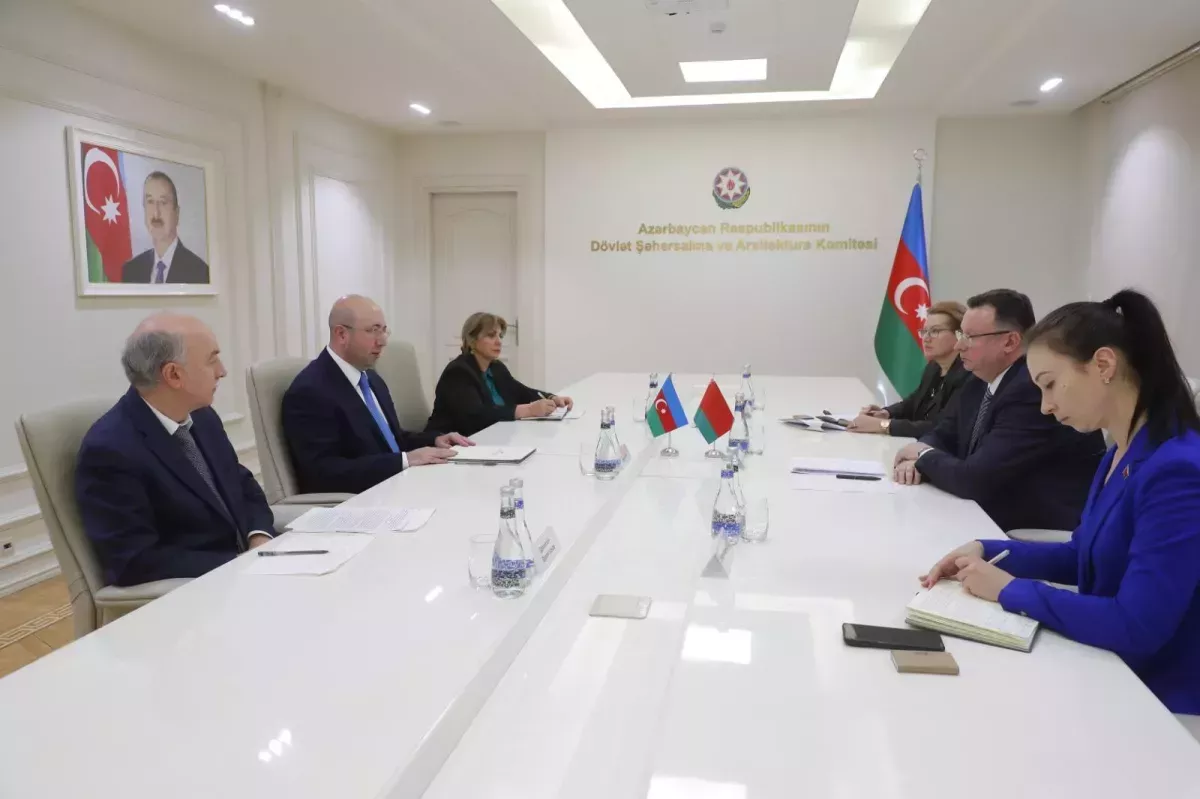Karabakh's revival, industry, and agriculture — priorities for Baku and Minsk Experts discuss Belarus-Azerbaijan cooperation
The visit of the Prime Minister of the Republic of Belarus, Alexander Turchin, to Azerbaijan was marked by a busy agenda of cooperation. It appears that Baku and Minsk have decided not to waste time and to move forward with the implementation of a number of initiatives that had previously been at the discussion stage.
Belarusian experts and political analysts spoke with a Caliber.Az correspondent to discuss Turchin's visit to Azerbaijan.

Professor of MGIMO and expert on the politics of the Union State, Kirill Koktysh, believes that the priorities of both sides are quite clear.
“The visit of the Belarusian Prime Minister to Azerbaijan was distinctly economic in nature,” the expert notes. “There is no political subtext here. A wide range of topics is being discussed — from the potential construction of an agro-town to the review of already ongoing joint projects. Turchin arrived to deal with concrete matters of economic cooperation. In particular, he visited a recently launched joint technology enterprise, which he plans to personally oversee.”
The expert also emphasises that the choice of the level of the visit was no coincidence.
“In Belarus, the prime minister is not just an official; essentially, he is in charge of the entire economy. He is the person ‘running the household’, overseeing industry, agriculture, and the entire production sector. Belarus has remained a powerful industrial hub since Soviet times. Over the past decades, it has significantly modernised its agriculture. This demands direct oversight at the highest executive level,” Koktysh said.
As for the military-technical sphere, the Belarusian political analyst clarified: “There was a synchronisation of positions on several pilot projects already underway — three or four of them. Agro-projects were also discussed, particularly those aimed at adopting Belarusian agricultural expertise. This is practical, targeted work.”
Commenting on the current state of relations between Minsk and Baku, Kirill Koktysh noted: “Cooperation between Belarus and Azerbaijan has always been stable and amicable. The relationship can be described as smooth and constructive. There is no tension or unexpected fluctuation — just systematic, ongoing work. This visit only reaffirms the high level of trust between the two countries.”

Professor at the Russian Academy of Military Sciences and Belarusian military-political analyst Alexander Tikhansky emphasised that during his visit, the Belarusian Prime Minister also travelled to the liberated territories, where he familiarised himself with several projects involving Belarusian participation.
“Belarus is already supplying construction materials to Karabakh. In the future, deliveries of elite cattle breeds are planned, along with the establishment of dairy complexes and farming enterprises.
During his 2024 visit to Azerbaijan, Alexander Lukashenko noted that it is not enough simply to return people to Karabakh — it is essential to create jobs and ensure a decent standard of living. This will take time, but Belarus is ready to assist. Currently, as part of the implementation of the State Programme for the Revival of Karabakh, the Azerbaijani side is drawing on Belarusian experience and consulting Belarusian specialists in the development of modern agricultural complexes and agro-towns,” he added.
According to the analyst, Belarusian organisations are also exploring the possibility of providing design and construction services for comprehensive development projects in the liberated territories, as well as participating in them as subcontractors.
“There is plenty for the prime ministers of the two republics to discuss. The key priorities of economic cooperation include collaboration in the supply of food products, timber processing, and pharmaceuticals; industrial cooperation in mechanical engineering; joint projects in science and technology; and investment partnership.
In Azerbaijan, three dedicated trade entities have already been established, along with 45 dealers representing more than 50 Belarusian enterprises. Meanwhile, since 2017, the Azerbaijan Trade House has been operating in Minsk, benefiting from preferential conditions for supplying food products to the Belarusian market.
As for the strategic direction, it is undoubtedly the development of industrial cooperation. Today, joint industrial projects align most closely with the national interests of both Belarus and Azerbaijan. Such partnerships not only create new jobs and boost tax revenues, but—most importantly—they provide consumers with competitive products.
In addition to direct trade, Belarus is aiming to expand its cooperative ventures in Azerbaijan. Plans include broadening the range of Belarusian machinery assembled at the existing production facility based at the Ganja Automobile Plant, as well as working on the establishment of new joint projects in the fields of mechanical engineering and pharmaceuticals.

Ahead of Alexander Turchin’s visit, a meeting took place in March this year between Chairman of the State Committee for Urban Planning and Architecture of Azerbaijan, Anar Guliyev, and the newly appointed Ambassador of Belarus to Azerbaijan, Dmitry Pinevich. During the meeting, Anar Guliyev provided a detailed overview of ongoing urban development projects, placing particular emphasis on the successful outcomes of cooperation with Belarusian entities. Notably, he highlighted the importance of the design of the settlement of Gizil Kangarli in the Aghdam District, planned as an agro-town under an agreement signed in 2024.
For Azerbaijan, the priority in the liberated territories is not only the construction of housing and social infrastructure, but also the creation of modern jobs. In this regard, Belarus can provide significant support by advancing industrial cooperation and trade-economic partnerships.
Following Alexander Turchin’s visit, the two sides will align their positions on current projects and outline prospects for further cooperation — including in the military-technical domain,” Tikhansky concluded.








